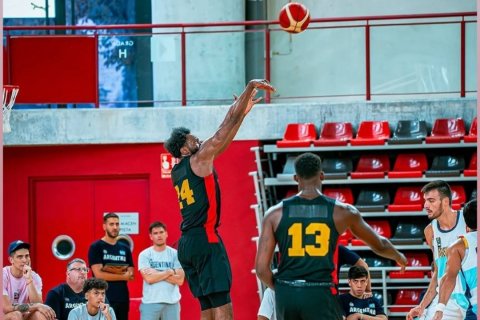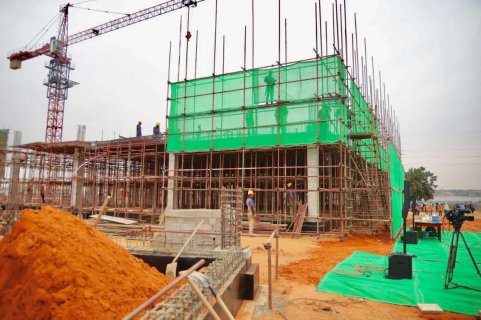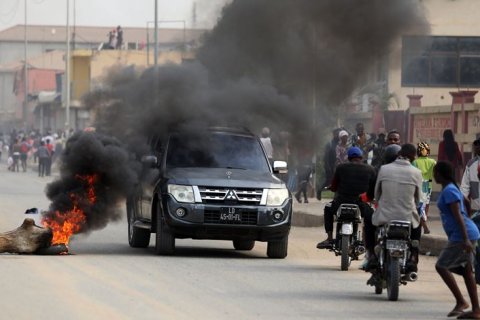The former vicar of the diocese of Cabinda, who launched his book "Identidade Histórica e Cultural dos Cabindas", told Lusa that, "as an activist from Cabinda", he has been "many times" talking about the subject.
"There is no other solution than dialogue. In fact, the Portuguese, when the April 25th coup took place, realized that the overseas war would only be resolved through political and not military means and they stopped everything, they stopped the war" , said Raul Tati, on the sidelines of the launch of his fourth book, this Tuesday, in Luanda.
For the former deputy to the National Assembly, "this is the path that Angola has to follow".
Since Angola's independence in 1975, the Cabinda State Liberation Front (FLEC) has claimed autonomy for that territory located in the north of the country, where much of the oil comes from.
Regarding the situation in Cabinda, the Government denies any instability in the province, without any position regarding the statements that FLEC has issued about its actions in Cabinda.
In recent weeks, FLEC has issued several statements announcing military attacks against the Angolan Armed Forces, which have allegedly resulted in deaths and injuries, promising to intensify the attacks.







